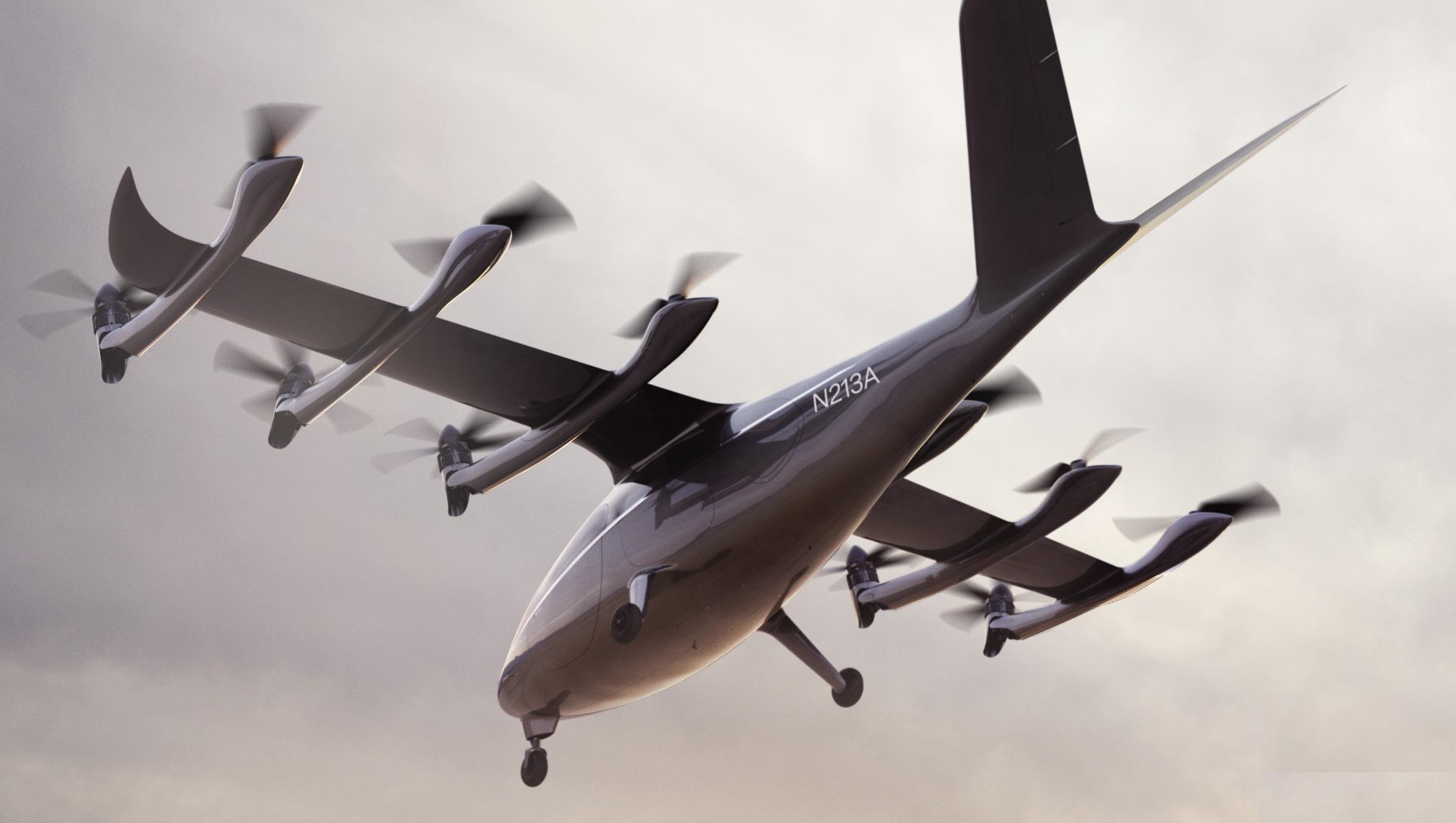
Responding to Wisk Aero’s lawsuit alleging the theft of trade secrets, Archer Aviation has described the case as “entirely baseless” and accused its urban air mobility (UAM) rival of “reckless innuendo and rank speculation” in a bid to “weaponize the legal system” to harm the startup. In April...
Subscription Required
Archer Accuses eVTOL Rival Wisk Of ‘Weaponizing’ Legal System is published in Aerospace Daily & Defense Report, an Aviation Week Intelligence Network (AWIN) Market Briefing and is included with your AWIN membership.
Already a member of AWIN or subscribe to Aerospace Daily & Defense Report through your company? Login with your existing email and password.
Not a member? Learn how you can access the market intelligence and data you need to stay abreast of what's happening in the aerospace and defense community.
